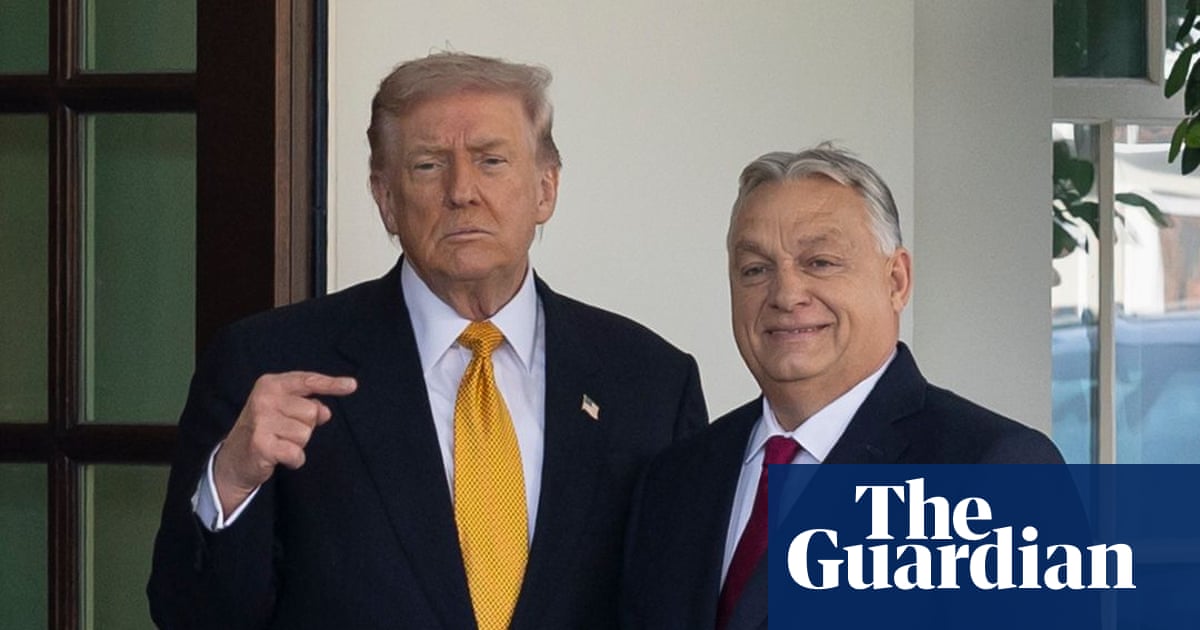
"The United States has granted Hungary a one-year exemption from US sanctions for using Russian oil and gas, a White House official said on Friday, after Viktor Orban pressed his case for a reprieve during a friendly meeting with Donald Trump in Washington. Last month, Trump imposed Ukraine-related sanctions on Russian oil companies Lukoil and Rosneft that carried the threat of further sanctions on entities in countries that buy oil from those firms."
"The Hungarian prime minister, a longtime Trump ally, met with the US president at the White House on Friday for their first bilateral meeting since the Republican returned to power and explained why his country needed to use Russian oil at a time when Trump has been pressing Europe to stop doing so. Orban said the issue was vital for Hungary, which is a European country, and pledged to lay out the consequences for the Hungarian people,"
"Trump, aiming to put pressure on Moscow to end its war with Ukraine, appeared sympathetic to Orban's position. We're looking at it, because it's very different for him to get the oil and the gas from other areas, Trump said. As you know, they don't have ... the advantage of having sea. It's a great country, it's a big country, but they don't have sea. They don't have the ports."
Washington granted Hungary a one-year exemption from US sanctions that target purchases of Russian oil and gas. The exemption followed a White House meeting between Viktor Orban and President Trump, during which Orban explained Hungary's dependence on Russian supplies and warned of domestic economic consequences if supplies were cut. The US imposed recent Ukraine-related sanctions on Lukoil and Rosneft that threatened secondary sanctions on buyers. Hungary committed to purchase approximately $600m of US liquefied natural gas under the exemption. Hungary relied on Russia for about 74% of its gas and 86% of its oil in 2024, drawing criticism from EU and NATO allies.
Read at www.theguardian.com
Unable to calculate read time
Collection
[
|
...
]